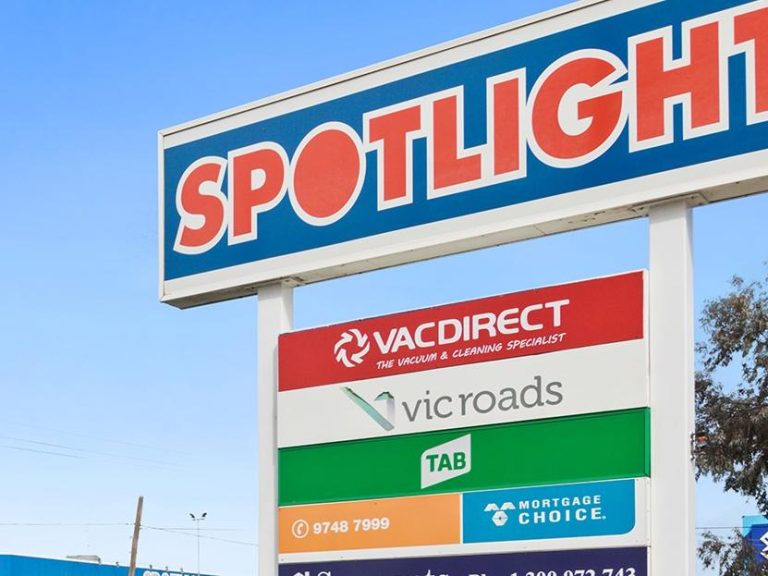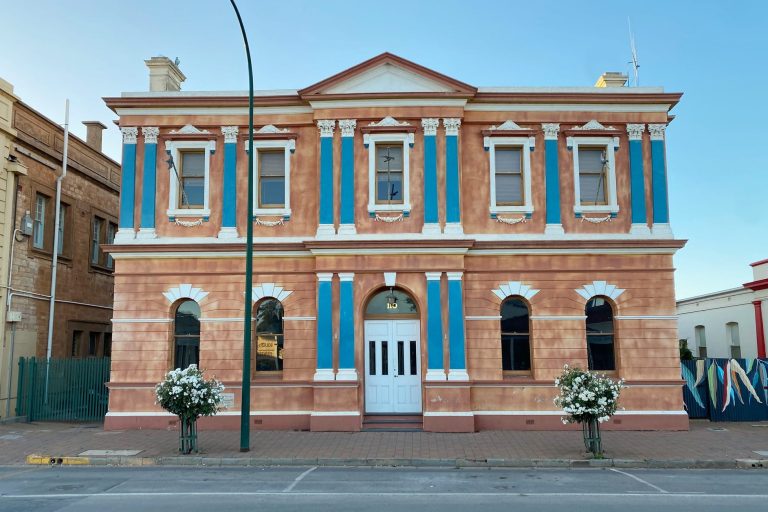How to apply for a commercial property loan

With commercial property loans being far more complicated than their residential counterparts, inexperienced investors should obtain expert advice before signing on the bottom line.
Scrutinise every detail of the loan, ensuring you understand every clause and footnote and consider lenders’ crucial 5Cs [character, capacity, capital, collateral and conditions].
Don’t forget that commercial property loan deposits can also be highly subjective and dissimilar, with much depending on the asset type you wish to purchase.
Industry experts explain the ins and outs of commercial loans.
Read more:
Business Loans Guides
Commercial Property Investment Loans
What you need to know about commercial loans
What should you consider before applying for a commercial loan?

Don’t jump into a commercial property loan application without serious thought and good advice from an expert. Picture: Getty
Scrutinising every detail of a commercial loan application is crucial, with industry experts observing many investors plunge into loan applications without serious thought or good advice.
“One of the challenges we have with a lot of our clients is that they’ve already dived into applying for a commercial loan and then they realise they can’t swim,” Grow Capital managing director Nick Wormald said.
Mortgage Choice commercial broker Alston Soff agreed, saying buying a commercial property was not as straightforward as acquiring a residential property.
“There are all these intricacies involved and you’ve got to have the right questions asked for you to be able to find the right answers,” he said.
One of Mr Wormald’s top tips for investment loan applicants is to approach a lender you may already know well – and vice versa – through your residential home loan.
“Ninety-nine per cent of people go back to their trading bank to talk to them about a commercial loan,” he said.
Your mortgage broker can also be of great assistance in this situation, Mr Wormald explained.
“Do you have a mortgage broker who helped you out with your home loan that might be able to give you some advice, or put you in contact with, someone that has experience in … commercial finance?” he said.
It’s also important to know where the commercial property cycle is at, Mr Wormald added.
“If you’re buying an asset right at the top of the cycle, it could potentially be underwater from a value perspective if the market drops,” he said.
You should also have every aspect of your finances, including tax returns, and personal circumstances up to date and in order.
“Make sure that your accounts are up to date, the latest financials are done and submitted to the ATO, and you don’t have any ATO debt because that’s a big no-no,” Mr Wormald explained.
“You also need to look at the rental income stability of the property you’re buying.”
The type of property you intend to purchase is another massive consideration for commercial property loan applicants, Mr Soff explained.
Commercial assets such as farms, childcare and aged care centres, and recreation and accommodation properties are all considered specialised and therefore, riskier to lenders.
“If you’re looking at a very specialised property, the banks do not extend, or advance, as much, loan against it because it’s specialised,” Mr Soff said.
“Specialised properties can also mean you can’t easily rent it out to someone, or you can’t easily sell it to recover funds.”
Mr Soff also advised commercial property investors to consider tenant stability.
“Look at who the tenant is, how long they’ve been there, what extent of the lease is left, and what the tenant’s intentions are,” he said.
How do you qualify for a commercial property loan?
Providing several years’ worth of up to date financial statements and details is crucial, Mr Soff explained.
“The banks don’t want to have someone who’s going to get into strife,” he said.
“They want to know that if the property falls vacant for six months and you can’t get a tenant in there, you’ve still got access to sufficient funds to at least make your interest repayments.
“If you have a high reliance on paying back the debt from the rent you’re expecting on the property, then the chances of you getting approved by the bank will reduce.”

Ensure you provide up to date financial statements, including tax returns, to commercial lenders. Picture: Getty
Mr Wormald concurred, explaining that lenders will usually look at an investor’s past two years of financial statements and average out the figures.
“You generally need to have consistent profitability over a few years,” he said.
“Your income needs to be strong versus your expenses, assets and liabilities and you really need to have a strong balance sheet.
“You also need to have some assets behind you.”
Consistent rental income from commercial property investments is very important as well, Mr Wormald said.
“If the asset has been lying dormant with no tenants for a period of time, that’s going to weigh heavily on the lenders’ ability to lend money against it,” he said.
Mr Wormald said the entire qualification process was essentially based on lenders’ 5Cs of credit: character, capacity, capital, collateral and conditions.
“Unfortunately, lenders will judge you on these 5Cs,” he said.
“You’ve got to make sure you’ve got the cash – or skin in the game, as they call it – to put into the transaction.
“If you don’t have cash, are you taking equity out of another property?
“If you are, the bank will look at that equity and value that property as well.
“They’ll look at your credit score to see if you’ve been paying your debts off consistently, and look at your experience.”
How much deposit do you need for a commercial loan?
Commercial property loan deposits can be highly subjective and vary widely depending on the lender, asset class and the investor’s financial situation, according to Mr Wormald.
“For a standard commercial, non-specialised asset, such as a shop, warehouse, factory, or office, then you’re looking at about a 65% loan to value ratio rate,” he said.
“So you’ve got to come up with 35%, cash plus expenses, and the rest you can borrow, which is a lot compared to residential.”

For a standard commercial, non-specialised asset, such as a warehouse, investors should expect a 35% down payment. Picture: Getty
Mr Soff warned investors that Lenders Mortgage Insurance is not available for commercial property loans.
“Unlike residential loans, where lenders can borrow up to 90%-92% with LMI, there is no LMI in commercial spaces,” he said.
“Another thing you want to consider is that if you’re buying a commercial property that’s vacant with no tenants in there already, you are possibly also liable for 10% GST on the purchase price.
“And stamp duty is usually calculated on the purchase price plus GST, if applicable, so your stamp duty will also be slightly higher.”
What kind of loan can you get for a commercial property?
There are at least six different types of loans for commercial investors to consider, and which one you choose depends on the asset you’re purchasing, your deposit, experience and your lender.
Sub-sets of these loans include low doc and no doc loans and full doc or standard loans.
Here are several commercial types to consider:
- Commercially secured loan
- Residentially secured loan
- Combined commercial and residential security loans







